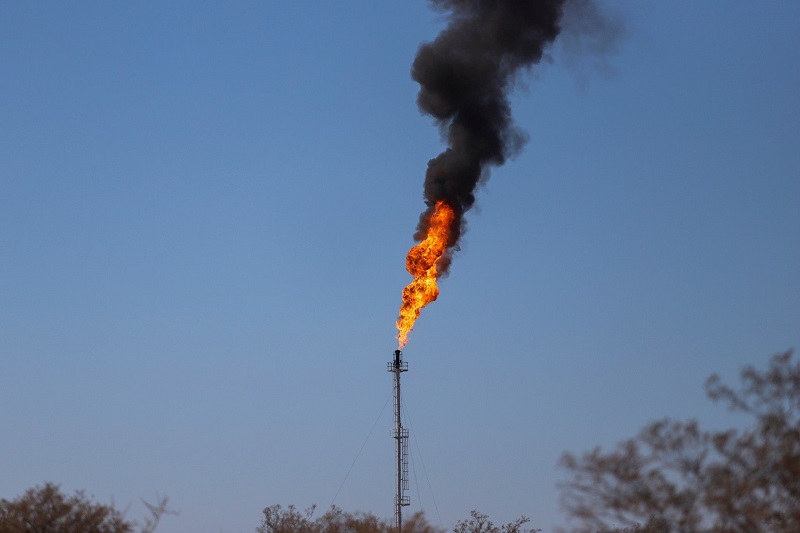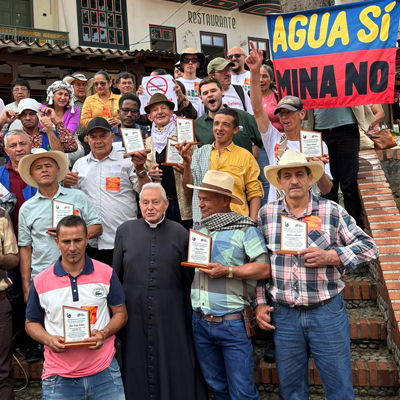Drop in oil prices: an opportunity?
How does the drop in oil prices lead us to think about a just energy transition? Interview with Felipe Gutiérrez from Opsur
 Imagen: Opsur
Imagen: Opsur
On 20 April, the world woke up to a historical drop in the price of oil in the United States. The reference value for crude oil in the US (WTI) reached negative numbers for the first time in history.
Argentina’s Southern Oil Observatory (Opsur) issued a press release, stating: “Press and social media are filled with technical explanations, when the response is a political one: hydrocarbons, as energy input, are a right and as such they cannot be commodified. The business over our rights has sunk us into an oil dependency that today is exposed as a mistake: the idea of Vaca Muerta as a big exporting energy hub hangs on a very thin thread and with this failure we have lost 10 years of energy management”.
To find out more, Real World Radio interviewed Opsur researcher Felipe Gutiérrez, who highlighted that in the context of the COVID-19 pandemic the demand for oil was significantly reduced. For him, this element, added to excess supply and the fact that the price of a barrel of oil had already been decreasing in the past years, made it clear that the oil price was going to fall. “But we never imagined that it would fall to these levels,” he admits.
“The difficulty in understanding what is going on has to do with how speculative the oil sector has become. By being a commodity, with prices that are negotiated at international level, it is very difficult to know what the guidelines behind this are,” he added.
But now, in the context of this global health, economic and social crisis, could be a very good moment to consider “how we are going to build energy sovereignty,” said the Opsur member.
“These critical times are an opportunity to rethink the idea that energy is a commodity and insist on the fact that it is a social good, and therefore, a right. Oil is an energy good, a key input, and in this crisis it should be seen as a political problem, not a technical one.”
Gutiérrez thus pointed to the need for a just transition to other types of renewable energy sources, and explained that renewability should go hand in hand with energy management – that is, management not only by the State, but involving Indigenous Peoples and peasant communities, as well as energy sector workers. “The conversion towards other energy sources must include workers from the sector, otherwise there would be a labour crisis that we do not want,” he said.
“It is important to think about the decentralization of energy production. Today, energy models are based on large energy production hubs, which are environmentally unsustainable and end up being ‘sacrifice areas’, and large consumption hubs, such as mines and inefficient transportation systems to distribute products. We must stop living in energy poverty. That is why we need to increase the criteria for ‘energy equality’.”
Due to their high costs, Vaca Muerta and other regional and global fracking projects “are not projects that can be sustained in time, they are not the solution to energy problems”, added Gutiérrez.





